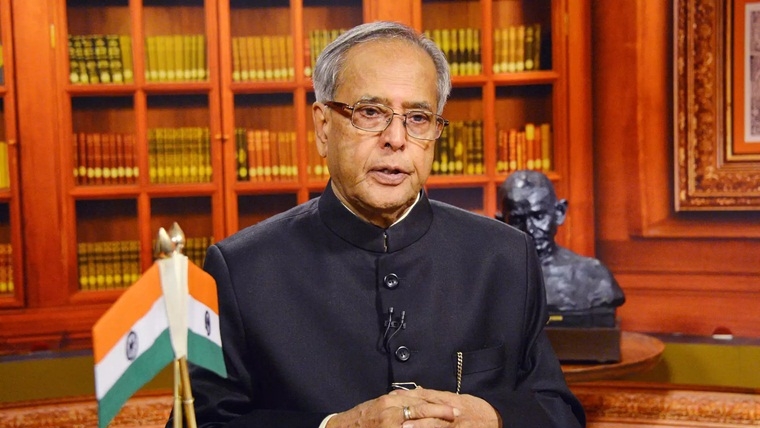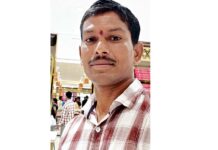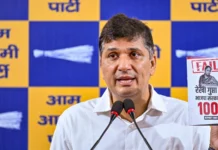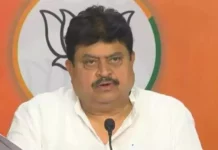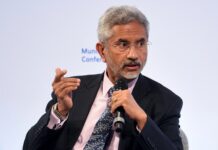NEW DELHI: Former President Pranab Mukherjee said on Sunday that public consultation is necessary for laws to become successful and drafting of legislations cannot be left only to elected representatives.
He made the remarks at an event organized to confer Paulos Mar Greharious Award, 2019 on socio-political activist Aruna Roy, for her contribution to the right to information campaign.
The Rajya Sabha on Thursday passed the Right to Information (Amendment) Bill, 2019, that proposes to empower the Centre to set the salaries and service conditions of information commissioners at central and state levels.
The government’s move had triggered protests from the opposition and RTI activists, who alleged that the Bill sought to undermine the authority of the information commissions.
Mukherjee said during the UPA government’s tenure, at a press conference in a foreign country, he was asked about his negotiations with a “group of people” on a draft bill.
The question was, he recalled, “In a parliamentary democracy, legislation is the domain of members of Parliament and assemblies… exclusive jurisdiction. How can you negotiate legislation with a group of people who are not members of Parliament or state legislatures? They decided to fight for a cause and drafted the Lokpal Bill and you discussed with them for days together.”
“My response was… and it’s my response even today that Indian democracy has taken a new dimension. We believe that if it needs to be successful, it must not be confined to the wisdom and knowledge of around 780 members of Parliament and around 4,200 members of 29 legislative assemblies.
“It’s a land of 1.3 billion people… if the views of the legislators and their wisdom were enough, we could not have got the RTI Act as it was before the amendment,” the former president said.
Mukherjee said he has not gone through the amendments brought to the Right to Information Act in details but “before that, it was a quality piece of legislation” to have information because it was based on the experiences of Aruna Roy and her colleagues. PTI

